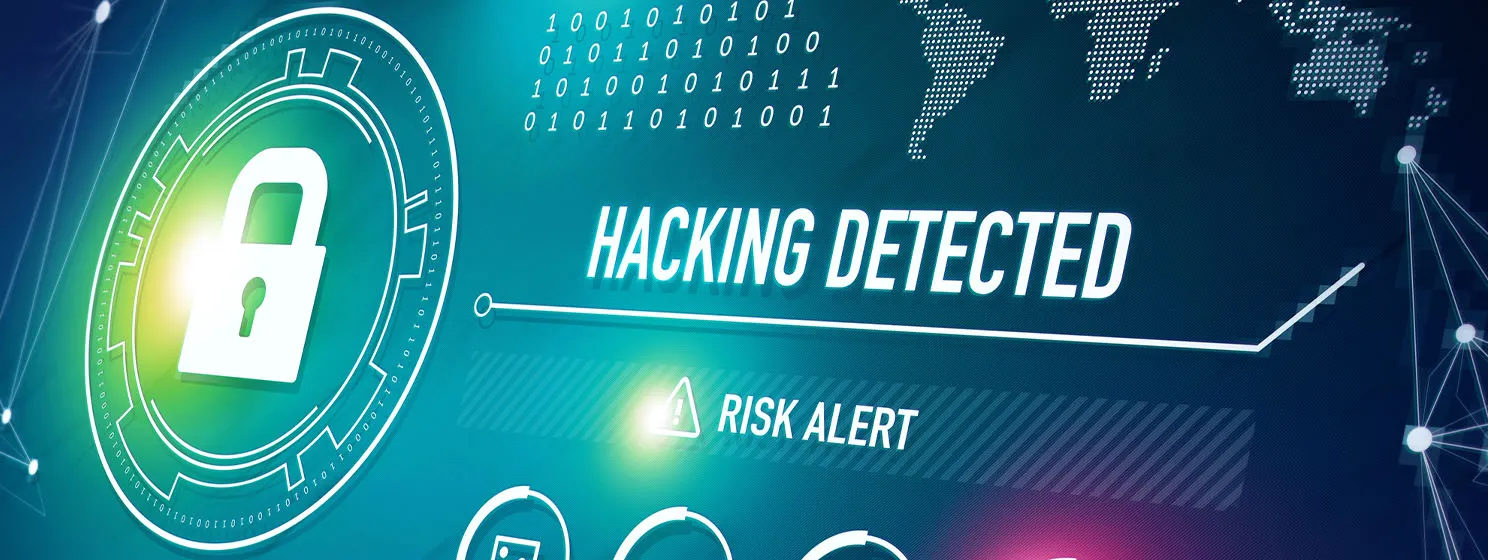|
Getting your Trinity Audio player ready...
|
On the third session of the first The Bitcoin Masterclasses Day 2, Dr. Craig Wright discussed how to prove identity using the blockchain without a centralized authority.
Identity on the blockchain isn’t easy
“Who thinks privacy is easy?” Dr. Wright asks, beginning the session. Hopefully, it’s clear from the last sessions that this is a rhetorical question.
One of the necessary considerations when building systems like these is that an authority has to sign off on any changes to one’s identity attributes. For example, an issuing authority may have to sign a change for it to be considered valid. The tools need to be built to enable them to do this. Both parties could sign something like this using Multisig.
Furthermore, laws, such as the right to be forgotten, need to be considered. As Dr. Wright has repeatedly said, the blockchain and associated technology must comply with existing laws and not subvert them. These things must be considered and thought through when building identity tools on the blockchain.
Despite the fact that identity on the blockchain is challenging, Dr. Wright explains why it’s worth it. Right now, with the centralized databases that control everyone’s information, it’s worth it for hackers to break into them. If they succeed, they get access to a digital treasure trove they can sell on the dark web for money. However, if everyone controls their own identity, there’s less incentive for hackers to attempt to steal and cash in on information since they’ll only be able to get access to one identity at a time.
Speaking about so-called private systems such as those run by Compuserve and Computershare, Dr. Wright points out that while they don’t share the information they hold with the general public, they do share it with plenty of different people and parties such as government agencies and large venture capital funds. The privacy of these systems will always be inferior to an identity system on Bitcoin in which users control their own data.
For identity on the blockchain to be possible at scale, we’ll need standardization, Dr. Wright says. There will have to be a universal way of doing things, such as how data is formatted. This will be challenging, but it can be done, and Dr. Wright rightly points out that all of this had to be done for the internet over the past few decades.
Section 7 of the Bitcoin white paper
“It’s the bit everyone says doesn’t exist when I talk about pruning because I said ‘reclaiming disk space,'” Dr. Wight explains.
What sort of information might we want to prune in our identity hierarchy? Other people’s information, obsolete data, and data we don’t want to be listed anymore.
While the fact that a change to our identity attributes occurred on a given date will always be visible, we can delete the information we no longer want to appear there.
Pseudopersons
“Let’s go into pseudo-persons,” Dr. Wright says, switching gears. He points out that pseudo-persons include corporations, and we can build systems that link to real people who own shares, sub-companies, and much more. He then explains why these systems could not work on proof-of-stake blockchains.
Aside from just recording information about corporations, we can also enable things such as voting systems for shareholders. This would usher in a new era of transparency for corporate governance without necessarily letting observers know who owns the tokens and who voted for what. Again, this leaves an evidence trail of what happened while protecting the privacy of those involved.
Having things like share ownership linked to identity on the blockchain would make things like tax audits much more efficient and easy. Since everything is time-stamped on the blockchain, there can be no arguments about things such as in what year share sales occurred.
“We can set up structures not only for ourselves but for other entities – pretty much anything,” Dr. Wright says, wrapping up the session. Everyone involved can legally sign records and documents, ushering in a more transparent, efficient way of doing things.
Watch: The Bitcoin Masterclasses with Craig Wright – Confidentiality, Privacy, Anonymity, Party to Party

 08-07-2025
08-07-2025 





